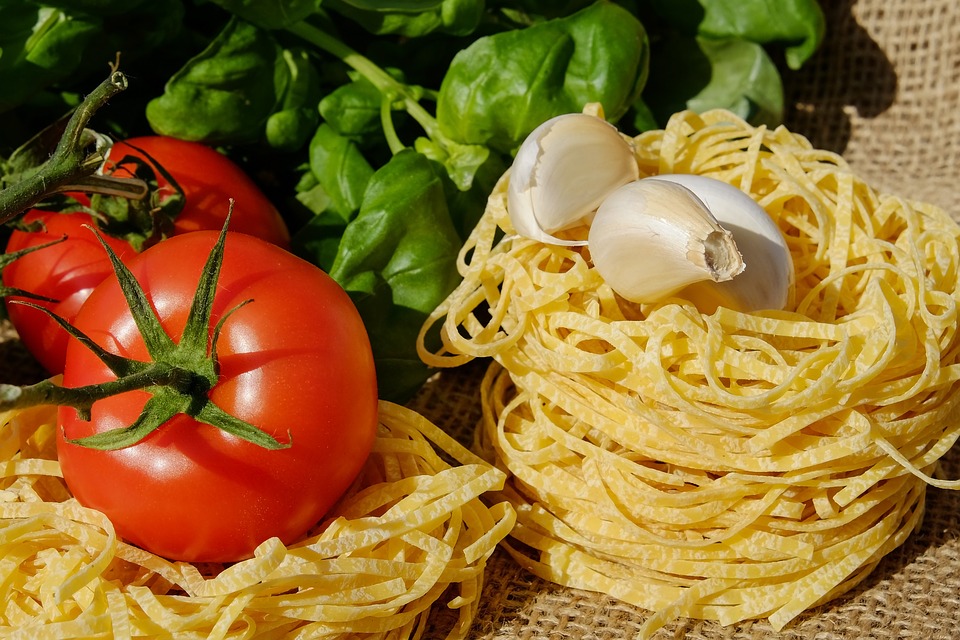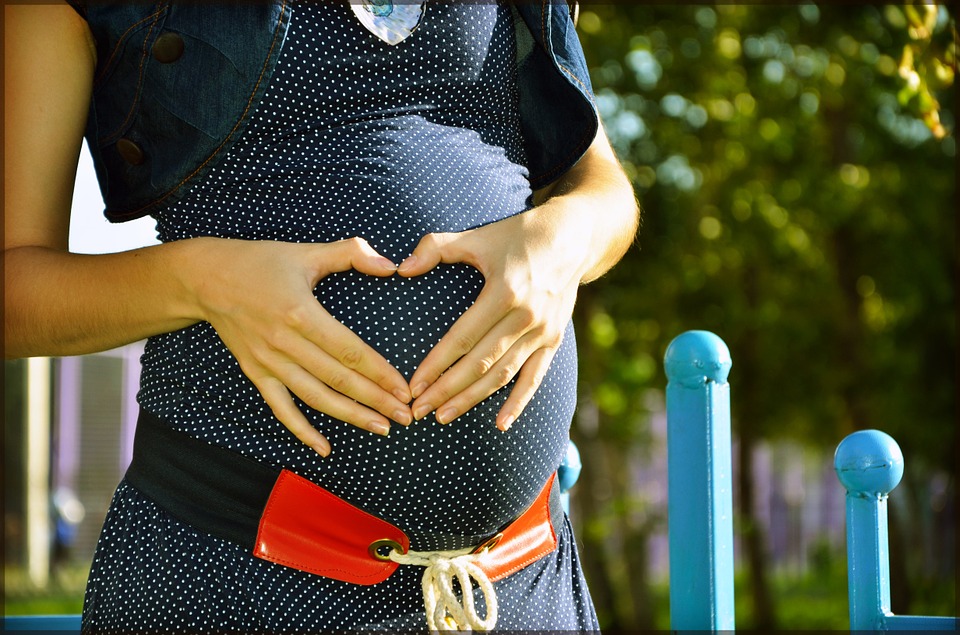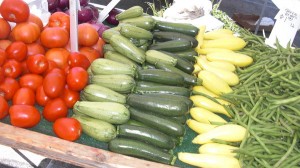If you shop carefully, you can eat a healthy vegetarian diet on a limited budget.
When buying your fruit and vegetables, remember that fresh, frozen, canned, dried and juiced all count towards your 5 A DAY. This means you can include a variety of fruit and vegetables in your diet without breaking the bank.
Find out what counts towards your 5 A DAY.
The following tips will help you get the nutrients you need, while keeping the costs of a vegetarian diet low.
Planning vegetarian meals
Borrow a vegetarian recipe book from your library or look for recipes online. For example, the One You Easy Meals app has a selection of vegetarian recipes – click on the “V” icon in the app to get suggestions.
Plan your meals before you go shopping, so that you can mix and match ingredients to avoid wasting leftovers.
Make a list to stop you buying things on impulse.
Dried, frozen and canned goods often have a long shelf life, so try to always have some basic ingredients stored at home, such as rice, frozen vegetables, tinned beans and pulses, and pasta. This way, you will always have the start of a healthy meal.
Shopping for vegetarian food
Buy foods that are in season. Seasonal fresh fruit and vegetables may be cheaper.
Buy frozen vegetables, which can be stored for longer, so you don’t need to use them all at once.
Buy canned fruit (choose varieties that are canned in juice rather than sugary syrup) and canned vegetables (without added sugar and salt).
Special offers to buy in bulk can be a great help with your weekly budget, but choose wisely. Avoid foods that are high in fat, sugar or salt.
Avoid buying fresh produce in too large quantities, as they have a short shelf life. Stick to non-perishable or foods you can freeze when buying large amounts.
Take advantage of reduced-price items you can freeze. Remember to freeze food on the day of purchase, thaw thoroughly and if it needs to be cooked, make sure it is piping hot all the way through.
In this video, dietitian Azmina Govindji gives advice on how to eat healthily on a budget.
Preparing and storing vegetarian meals
Prepare meals in bulk and freeze extra portions.
Put your shopping away at the back of the cupboard so that older produce is used up first. Then you won’t throw away food because it’s passed its use-by date.
Label leftovers, so that you know when they should be eaten by. Cool as quickly as possible, ideally within one or two hours, then store in the fridge.
Eat any leftovers within two days, except for cooked rice, which you should eat within one day.
“Preparing and cooking your own meals can be much cheaper than buying ready meals,” says Su Taylor from the Vegetarian Society.
“Often we don’t feel like cooking in the evening after a busy day at work. A cheap and time-saving solution is to cook in bulk and freeze the leftover portions.
“It can reduce the cost of each meal and can be a healthier way of making dinners that are quick to prepare.”
Five a day for vegetarians
Variety is the key to a healthy balanced diet. You don’t have to stick to just fresh fruit and vegetables, or buy organic varieties, which can be expensive.
There’s no scientific evidence that organic food is healthier. Eating organic is a personal choice and many people do so for environmental reasons.
Remember that fruit and vegetables which are fresh, frozen, canned, dried or juiced all count towards your 5 A DAY, so there are many ways to include a variety of them in your diet at a lower cost.
Try not to waste the fresh fruit and vegetables you have bought. If they’ve seen better days, don’t automatically throw them away.
You could use up over-ripe bananas with some other fruit, or 1% fat milk, in a liquidiser to make a home-made smoothie.
Wrinkly peppers may not look great in a salad, but you can still add them to cooked dishes to give flavour and colour.
Shrivelled carrots or any other withered vegetables can be used to make hearty soups or stews.
Leftover veggie lunch
Taking your own lunch into work can help you make healthier choices, since you can decide what goes in it. It can also be much cheaper than buying lunch out.
“Make your own sandwich fillings from leftovers,” says Taylor. “Or if you cook the night before, cook an extra portion and take it to work with you the next day.”
If you invest in a flask, you could take in home-made soups or stews, which can be eaten with bread.
Ideas for using leftovers
rice: use in a salad
ripe banana: make a smoothie
leftover vegetables: blend to make a soup
mashed potato: make bubble and squeak
Store cupboard basics
A well-stocked store cupboard plays an essential part in creating budget-friendly, healthy meals. Here are some ideas for basic ingredients to keep in good supply.
Rapeseed oil (often marketed as “vegetable oil”, so check the label to see if it contains rapeseed oil): contains omega 3 fatty acids and can be used as an alternative to olive oil.
Lemon or lime juice: can be used in salad dressings and is cheaper than balsamic vinegar.
Wholemeal flour: can be used to make your own bread – it’s easier than you think.
Canned beans and pulses: cheap, particularly own-brand varieties – choose no or reduced salt and sugar varieties, and rinse under the tap before using.
Tinned tomatoes: a basic ingredient in many dishes, including pasta and casseroles.
Dried pasta is delicious when cooked with simple sauces and can also be used in pasta bakes.
Rice is a useful staple – choose brown rice as it contains more fibre.
Noodles are quick to cook and go well with stir-fried vegetables.
Couscous is ready in minutes and great with roasted vegetables.
Red lentils don’t require soaking before use – try delicious and easy-to-make dahl recipes.
Dried soya mince can be used in many recipes – it’s great to use for a spaghetti bolognese or a vegetarian chilli.
Baked beans on toast is a vegetarian staple and a source of protein – choose lower-salt and lower-sugar varieties.
Vegetable stock cubes are great for adding flavour to sauces – use reduced-salt varieties.
Dried herbs and spices give your food more flavour and help cut down on added salt.
Yeast extract (such as Marmite): a source of vitamin B12 – use reduced-salt varieties.
Soy sauce is tasty with noodles or rice and stir-fried vegetables – beware of its high salt content and choose reduced-salt varieties.
Pasta, rice, noodles and couscous all make very good bases for meals, to which you can add vegetables and pulses.
If you have a window ledge, grow some fresh herbs from scratch. It can be a lot cheaper and less wasteful than buying bunches from the supermarket.
“If you can grow some of your own produce in your garden or an allotment, you could save money,” says Taylor.
Get tips on growing your own fruit and vegetables.


